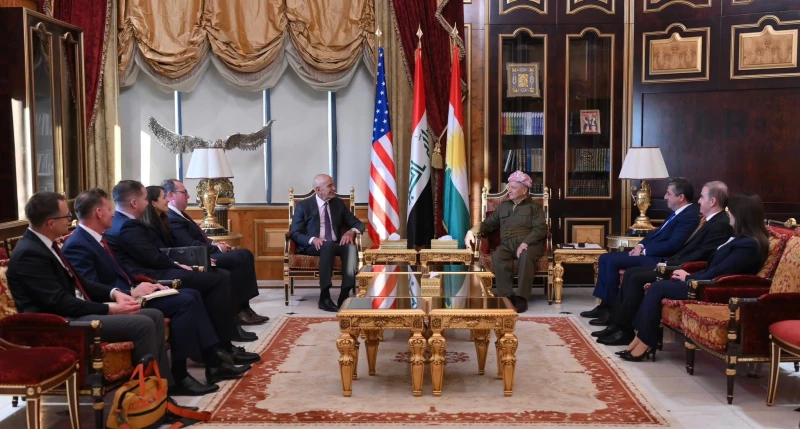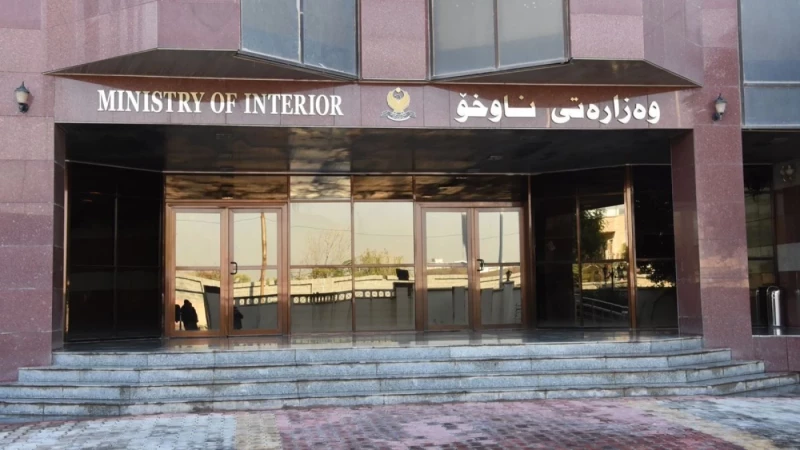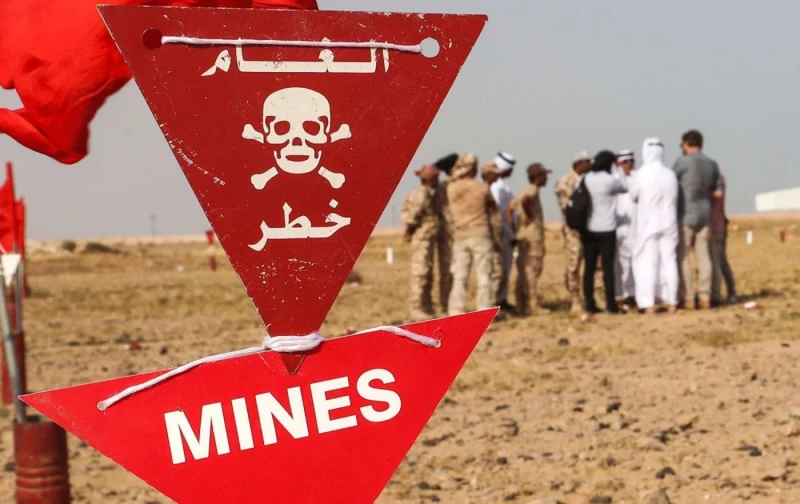ERBIL, Kurdistan Region - The Kurdistan Region’s prisons are “overcrowded,” and a general amnesty proposal to release thousands of inmates is awaiting the reconvening of the regional parliament, the head of the Region’s prisons said on Wednesday.
“We have the proposal prepared. We are waiting for the parliament to convene so that they can vote on it. God willing, we will try to have 2,000 to 3,000 people benefit from this [amnesty],” Ihsan Abdulrahman, head of the Kurdistan Region’s correctional facilities, told The New Region.
The pardon excludes ten offenses, including terrorism, narcotrafficking, assault, and murder cases without reconciliation.
Erbil ranks first among the Kurdistan Region’s provinces for crime rate and has two to three times the number of inmates compared to Sulaimani and Duhok, according to Abdulrahman. Of the total 6,000 prisoners in the Region, nearly half are in Erbil.
Some prison cells hold up to 40 inmates, he said, warning that “overcrowding has a very bad effect on the services and the spread of diseases.”
“We hope the parliament convenes soon - that it starts its duties again,” Abdulrahman stated, adding that they have prepared a proposal for a general amnesty and will submit it to the legislature for voting as soon as it reconvenes.
According to data provided by Abdulrahman, terror charges have decreased while drug offenses have surged. He said 1,703 prisoners are arrested on drug-related charges, which is over half of the population in the prisons. Executions have also increased.
“We can no longer accept more prisoners, especially in Erbil. Therefore, we will submit the project during the first and second weeks after parliament reconvenes,” he said.
Despite the parliament being inactive, special pardons continue in the Kurdistan Region for those who have chronic illnesses or are disabled with no treatment options. Two weeks earlier, five prisoners were released, four from Duhok and one from Erbil, who were convicted of terrorism.
The Kurdish parliament has only convened once since the regional October elections, with the ruling parties - the Kurdistan Democratic Party (KDP) and the Patriotic Union of Kurdistan (PUK) - yet to agree on forming the tenth cabinet of the Kurdistan Regional Government (KRG), amid disagreements over key posts nearly a year after elections.
The federal government is also facing the issue of overcrowding in its prisons. Iraqi Justice Minister Khalid Shwani in June 2024 said that the country's prison population has reached 300 percent of the actual capacity, noting that they are working on addressing the crisis. The minister vowed that Iraq would have prisons with capacities that meet human rights standards by the end of 2025.

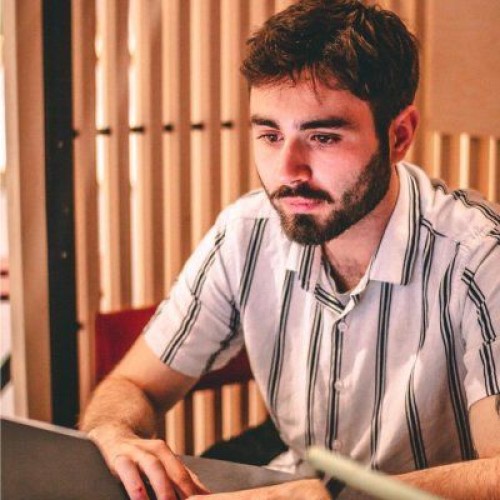
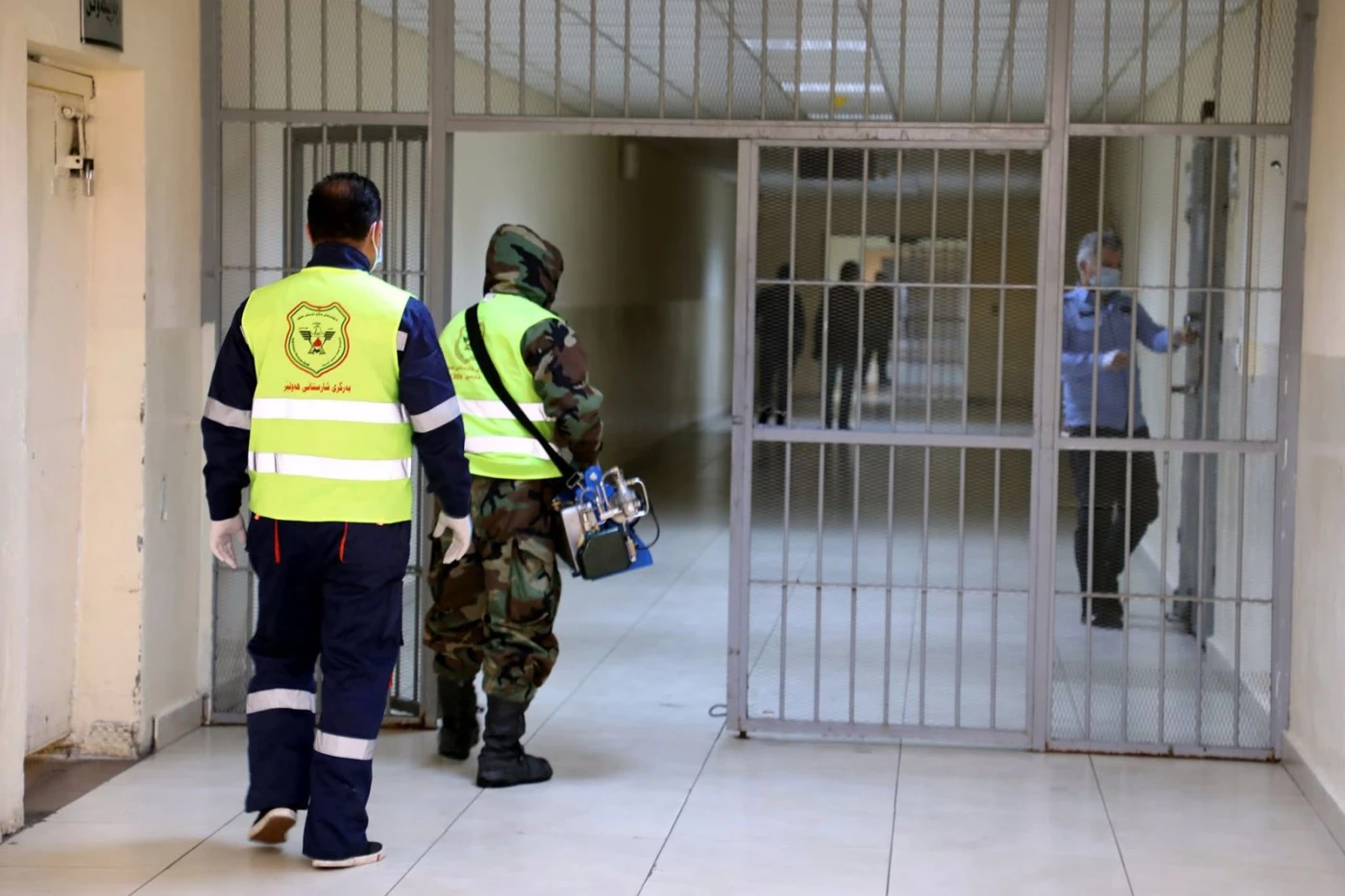
 Facebook
Facebook
 LinkedIn
LinkedIn
 Telegram
Telegram
 X
X
